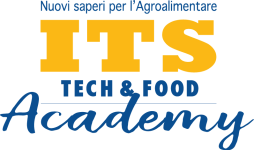ECTS – European Credit Transfer and Accumulation System – is a learner-centered system for credit accumulation and transfer (http://europass.cedefop.europa.eu/sites/default/files/ects-users-guide_en.pdf) whose aim is to facilitate the planning, delivery and evaluation of student mobility by recognizing learning achievements, qualifications and periods of learning.
ECTS credits, generally expressed in whole numbers, represent the volume of learning based on the defined learning outcomes and their associated workload. Instead, learning outcomes are statements of what the individual knows, understands and is able to do on completion of a learning process. Eventually, workload is an estimation of the time the individual typically needs to complete all learning activities to achieve the defined learning outcomes in formal learning environments.






